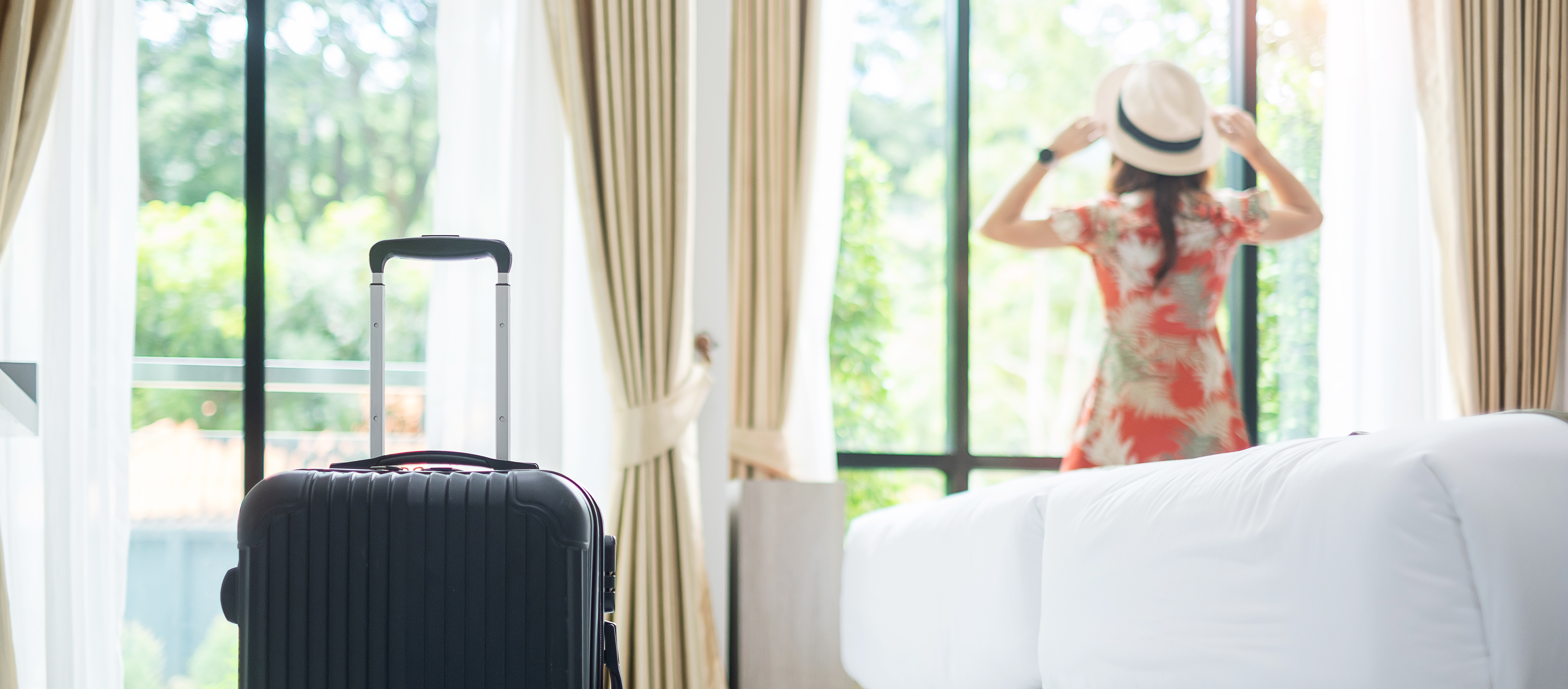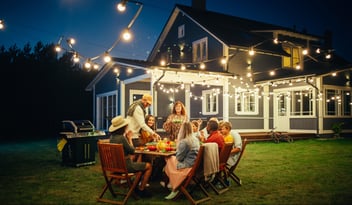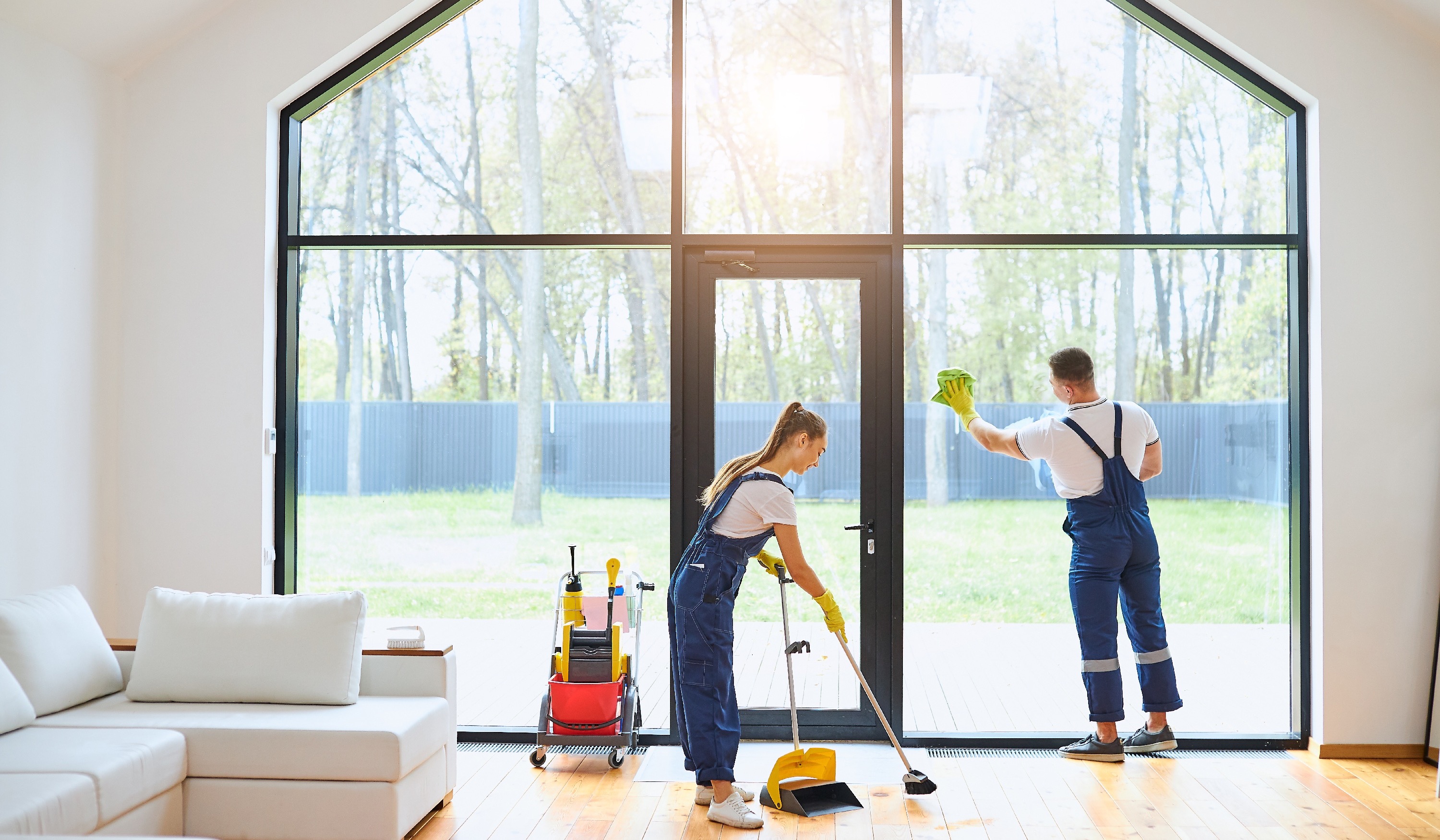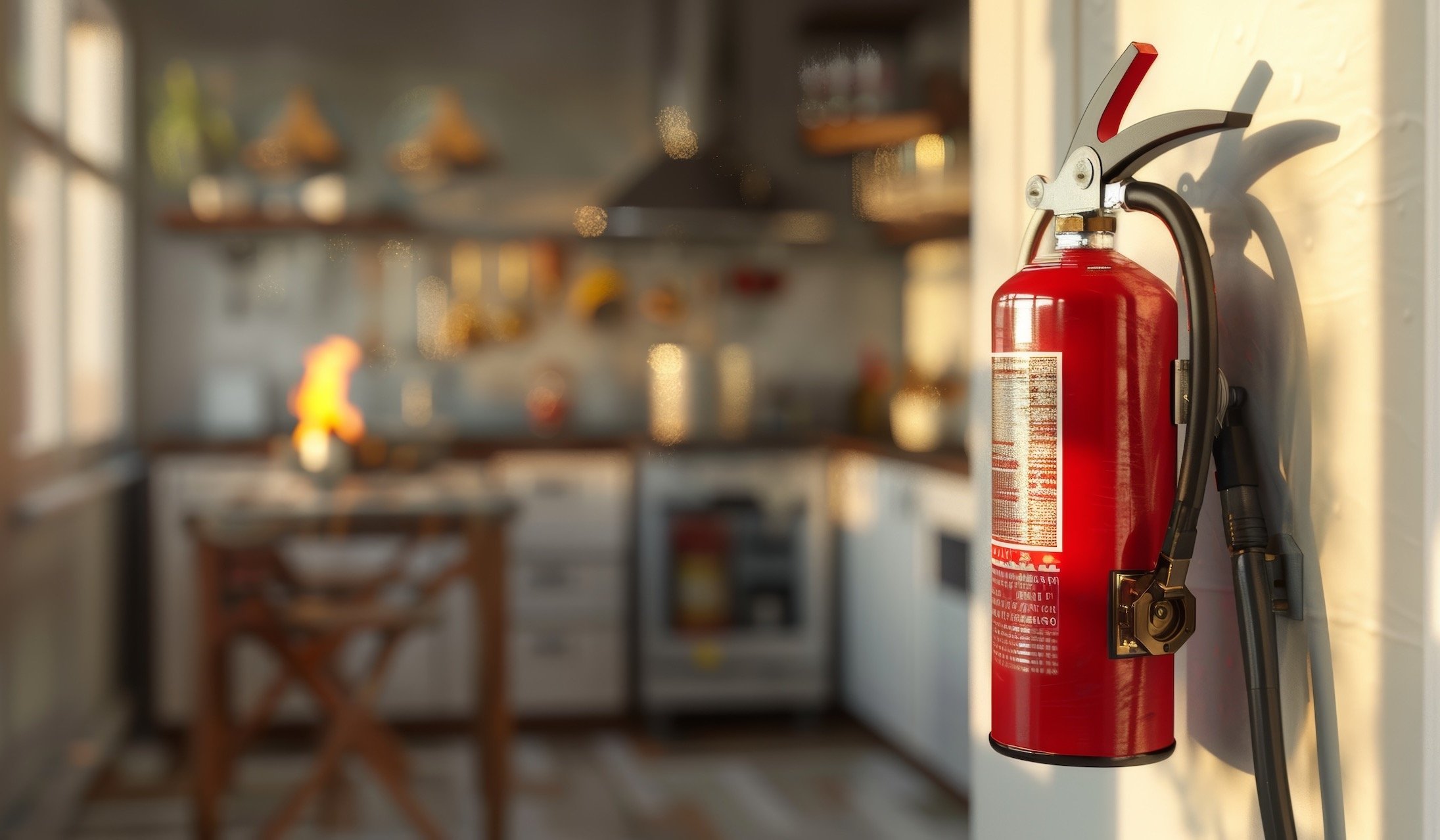
- ...
- Blog
- Summer safety essentials vacation rental managers often miss
Summer safety essentials vacation rental managers often miss

Summer is peak season for many vacation rental markets, and with it comes increased use of high-risk amenities like pools, decks, fire pits, and grills. While most property managers understand the basics, such as installing a pool fence to adhere to local regulations or locking gates, there are several overlooked safety measures that can make a huge difference in protecting your guests. The truth is, guests are on vacation and not thinking about risks. But as a property manager or host, you must be. Below are key summer safety essentials you might be missing, why they matter, and how to implement them efficiently.
|
Want to take your short-term rental safety to the next level? |
Use pool safety hooks, not just life rings
Life rings are more common and often the only rescue equipment provided, but they are limited in emergencies. If a swimmer is unconscious and the only person nearby is elderly, injured, or someone who is unable to get into the pool, the life ring may be useless. A pool safety hook allows someone on the deck to assist without entering the water, potentially saving a life. This simple addition increases your property's preparedness and reinforces your responsibility to prioritize guest safety.
How to implement this:
- Purchase a shepherd’s crook-style pool safety hook long enough to reach across the widest part of your pool.
- Mount it in a clearly visible and easily accessible location near the pool.
- Include it in your pool inspection and maintenance checklist to ensure it's secure and functional.
Promote the Water Watcher program for pool safety
Many managers assume guests won’t take the Water Watcher program seriously and skip providing materials altogether. But even if guests don’t formally use the card system, just seeing a Water Watcher card may trigger a moment of awareness. That moment could be enough to encourage a parent to supervise the pool more closely, lock the door access to the pool at night, or enforce a no-swimming-alone rule. Small nudges like this can make a big difference.

How to implement this:
- Download and print a free Water Watcher card from our free safety signage templates..
- Place cards on the kitchen counter or with the welcome materials in a highly visible spot.
- Consider including a note encouraging adults to take turns supervising when children are swimming.
Remove Non-US Coast Guard Approved pool toys and floaties
It’s common for guests to leave behind pool floats, and many property managers think keeping them is a fun touch. However, these items can present major risks. Large inflatables block visibility, especially under the water. Bright colors attract children even when the pool is supposed to be off-limits, potentially leading to unsupervised pool access. Worse, floats can give weak swimmers a false sense of safety and interfere with rescue attempts during an emergency. If an injury or drowning occurs involving a float you provided, you could be held liable.
How to implement this:
- Add pool float removal to your turnover checklist after each guest stay.
- Instruct cleaners or staff to discard any floats and toys left behind by guests.
- Avoid advertising pool floats as an amenity in your listing and in listing photos.
- If guests want to bring their own, make it clear they do so at their own risk.
Address nighttime safety with proper pool lighting
Many vacation rental pools lack adequate lighting, which can create serious hazards after dark. Guests may not see where steps begin or end, and shadows or glare can obscure the pool’s depth or a submerged swimmer. Inadequate lighting can increase the risk of trip-and-fall injuries or delay a rescue in the event of an emergency. Proper lighting makes your space safer and helps guests feel more secure at night.
How to implement this:
- Install path lights, bollard lights, or low-voltage landscape lighting around the pool, walkways, and deck.
- Use motion-sensor or dusk-to-dawn lights to maintain visibility without annoying guests.
- Ensure all stairs and entry points are well lit and free of glare or deep shadows.
- Test lighting regularly and replace burned-out bulbs promptly.
Inspect elevated decks thoroughly
Elevated decks and porches are a summer favorite for outdoor lounging, dining, and get-togethers, but they also could be a major structural concern. Even if your occupancy is limited, you can’t always prevent guests from inviting others over. You need to be confident your deck can handle the weight and wear.
According to the North American Deck and Railing Association (NADRA) and the U.S. Consumer Product Safety Commission (CPSC), roughly 50% of all decks in the United States are considered unsafe or at risk of failure. This is primarily due to age, poor construction practices, lack of proper maintenance, or failure to meet current building codes.
How to implement this:
- Check for signs of rot, loose boards, rusted hardware, or missing fasteners.
- Walk the deck and feel for any movement, bouncing, or creaking.
- Inspect the support structure underneath, especially on older decks (10+ years).
- Hire a professional inspector annually or before the summer season starts.
Establish fire pit safety guidelines
Because fire pits feel intuitive, many hosts assume guests will use them responsibly. But fire pits come with several risks: embers can ignite nearby structures, people may trip or fall into them, and improper extinguishing can lead to late-night flare-ups. Cooking over fire pits also introduces burns, grease fires, and unplanned food hazards. Without clear safety instructions, you're relying on guests to use common sense, which doesn’t always happen.
How to implement this:
- Install a weather-resistant sign near the fire pit outlining rules (e.g., no unattended fires, keep a safe distance, no cooking).
- Have a garden hose or bucket of sand nearby and include instructions on extinguishing fires safely.
- Set up barriers or seating far enough from the pit to not be a trip hazard to help maintain a safe perimeter.
- Include fire pit guidelines in your digital house manual.
Don’t skip grill safety
Grills are often treated as low-risk, everyday appliances, but in vacation rentals, they pose a unique set of hazards. Guests may not be familiar with propane use, may place the grill too close to siding or railings, or forget to clean grease traps. These factors increase the risk of fire, burns, and carbon monoxide exposure.
How to implement this:
- Position grills at least 10 feet away from the house or any structure.
- Check propane tanks, hoses, and connections regularly.
- Post simple operating instructions, including how to turn off the gas in an emergency.
- Provide an ABC or BC type fire extinguisher within reach of the grilling area.
- Clean grill grates and grease trays between each stay to prevent flare-ups.
|
Want to take your short-term rental safety to the next level? |
Simple, smart steps to keep guests safer this season
Summer is a time for fun, but as a property manager or vacation rental host, it’s also a time to be vigilant about safety. The measures above may seem small, but they can prevent accidents, protect lives, and limit your liability. By going beyond what’s required and addressing the often-overlooked details, you create a safer and more thoughtful guest experience. That’s something every guest and host can feel good about.
Elevate your vacation rental safety
Streamline operations for short-term rentals and multifamily residential units with Breezeway's automated work coordination and guest experience tools to ensure guests and tenant satisfaction.
More from the Blog
Visit the blog


